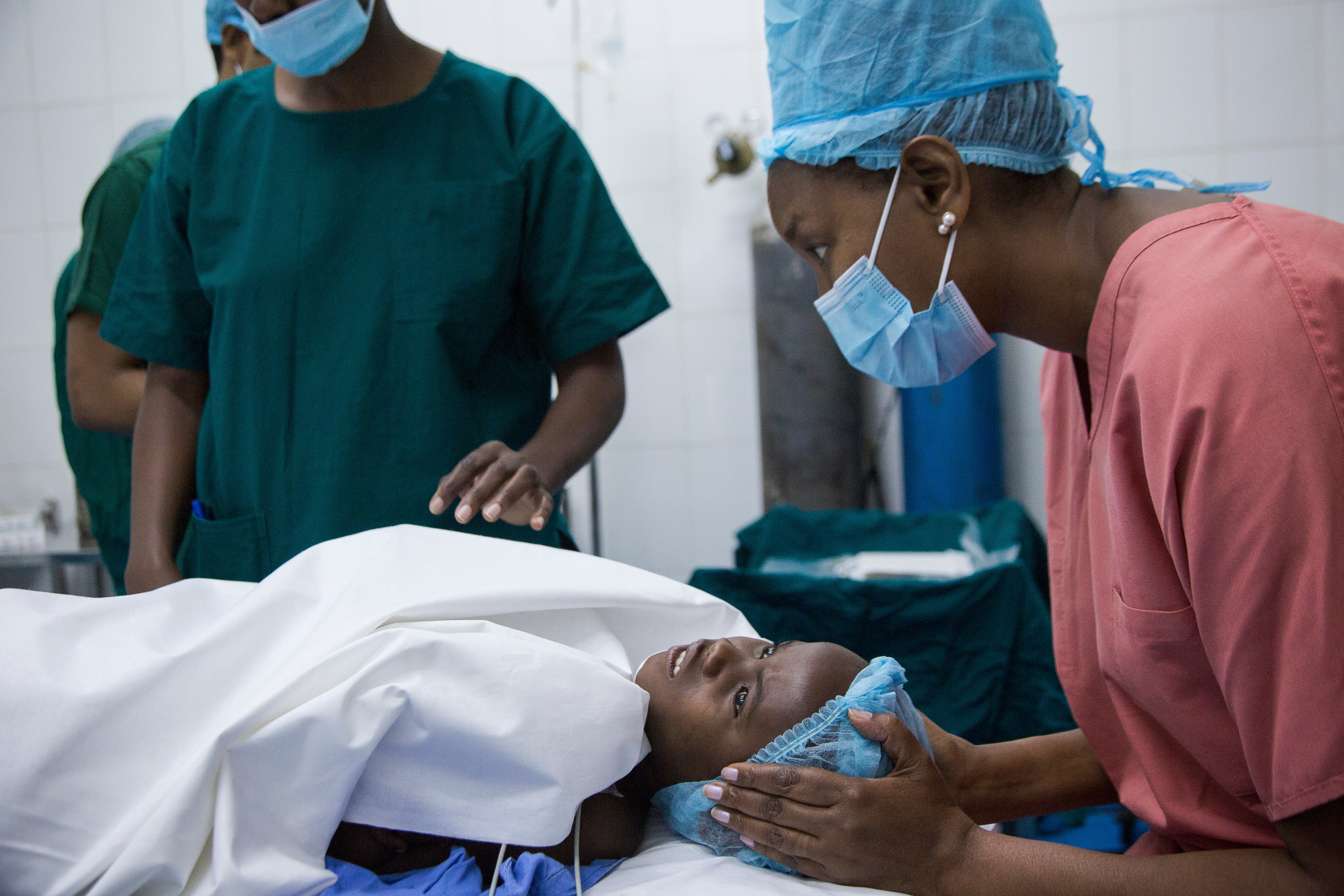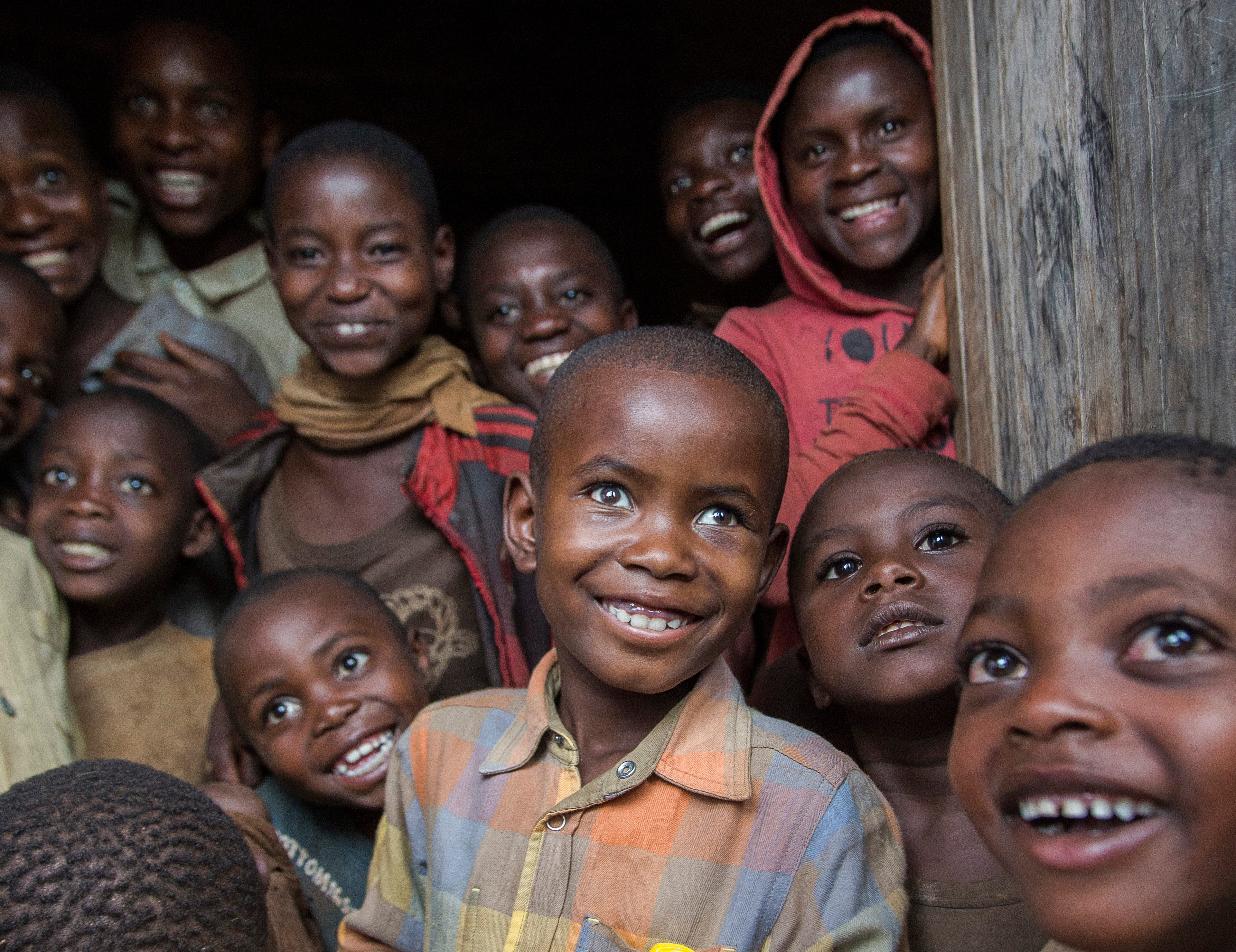Eric's Story
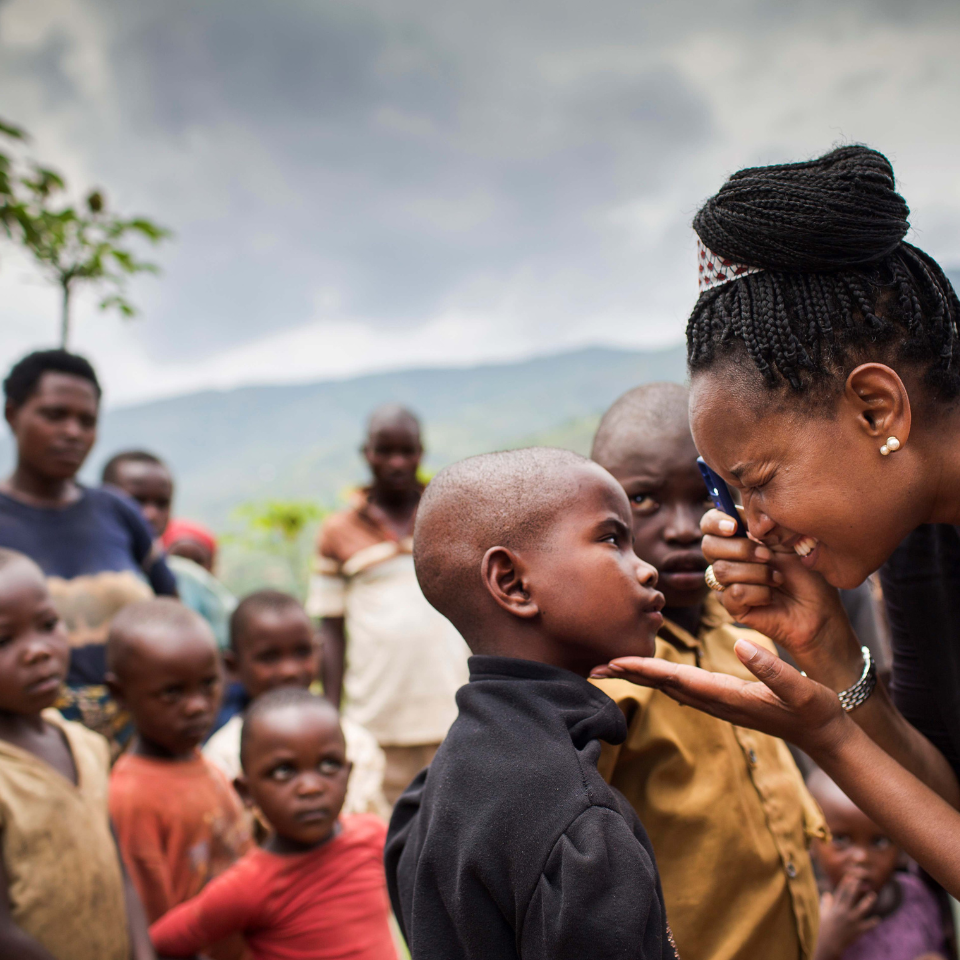
He could have been blind forever
In Rwanda, the majority of blindness is avoidable. An estimated 11,384 people are blind, and nearly 84% don’t have to be. Eric is one of those people. He lives in a remote village in the hills of Rwanda and was born with cataract.
Every day, Eric’s mother Clementine had to watch her son suffer through hours of frustration and boredom. She’s a farm laborer and the sole caretaker for Eric and his brother, Immanuel.
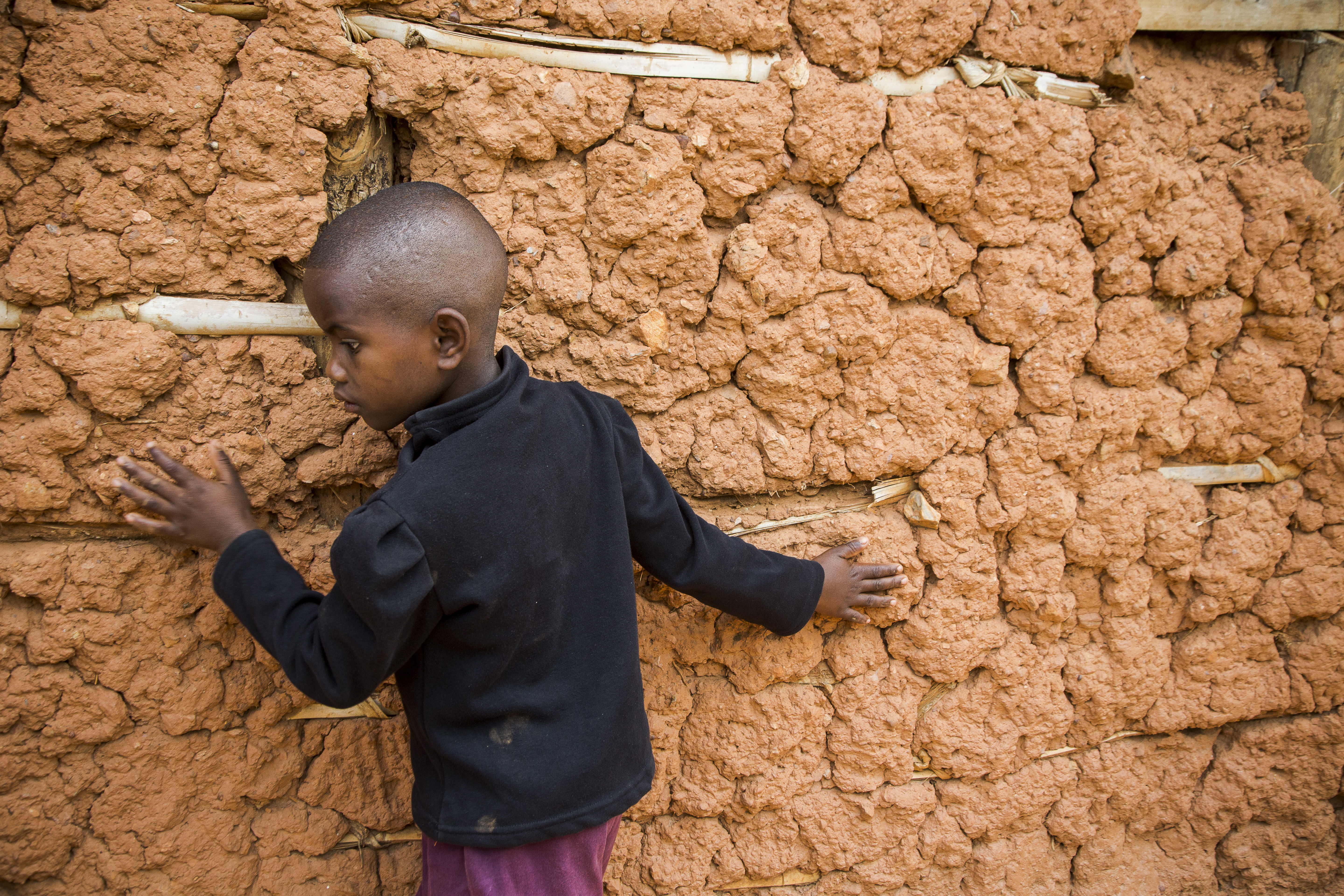
Looking after a blind child in remote Rwanda is extremely difficult, and because Clementine needed to be close to Eric during the day, she could only take jobs that were very close to home.
It was a catch-22: she needed more money to afford surgery for her son, but her circumstances wouldn’t allow her to earn more.
Blindness is considered the second highest cause of disease in Rwanda, with cataract the leading cause of avoidable blindness.
Lonely days
Every day, Eric would wait for his little brother Immanuel to return from school. He desperately wanted to join the other kids, play, and learn how to read and write. But the local school simply doesn't have facilities for blind children.
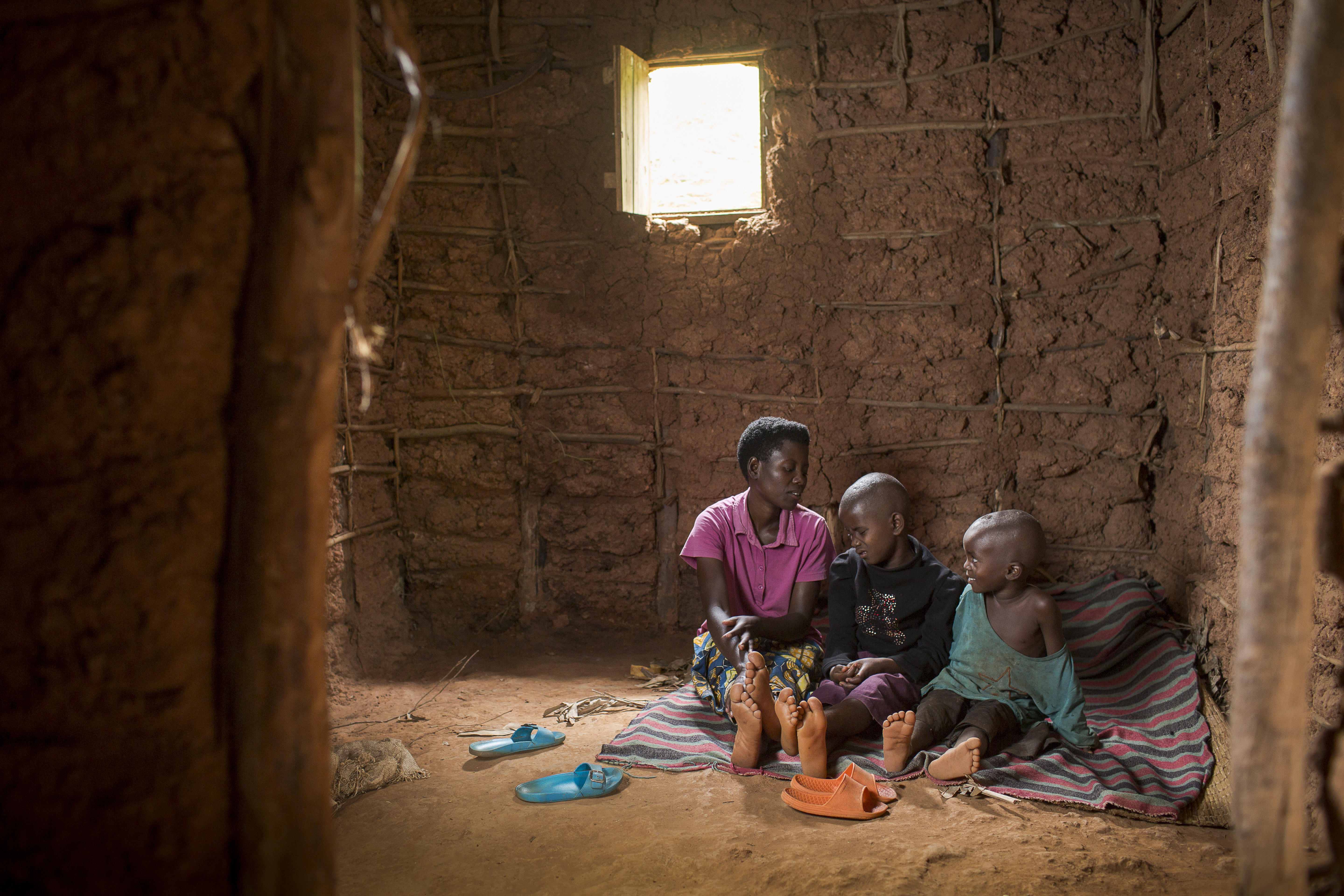
12 million people, only 20 eye surgeons
After decades of civil war in Rwanda, many people struggle to access even the most basic health and eye care.
Clementine was just one of those people facing this scenario: she was desperate to help her son, but the village where they live is hours from the nearest hospital. Travelling is really not an option for people in her situation.
Without outreach programs like the ones run by The Fred Hollows Foundation, finding help would have been very difficult. But a community health worker visited the area where Eric lives, and contacted Dr Ciku Mathenge, a leading eye surgeon who has restored sight to thousands of people.
Dr Ciku (Wanjiku) Mathenge was the first female opthalmologist in Africa trained by The Foundation. She has transformed the lives of countless people.
Ciku was a graduate doctor when The Foundation’s then medical director taught her how to do intraocular lens surgery, the inexpensive, and then-revolutionary way of restoring sight to someone who has cataracts. She went on to train many other surgeons in this simple and effective technique.
No matter how many children like Eric I perform surgery on, it still gets to me, because each story is so tragic and so personal.
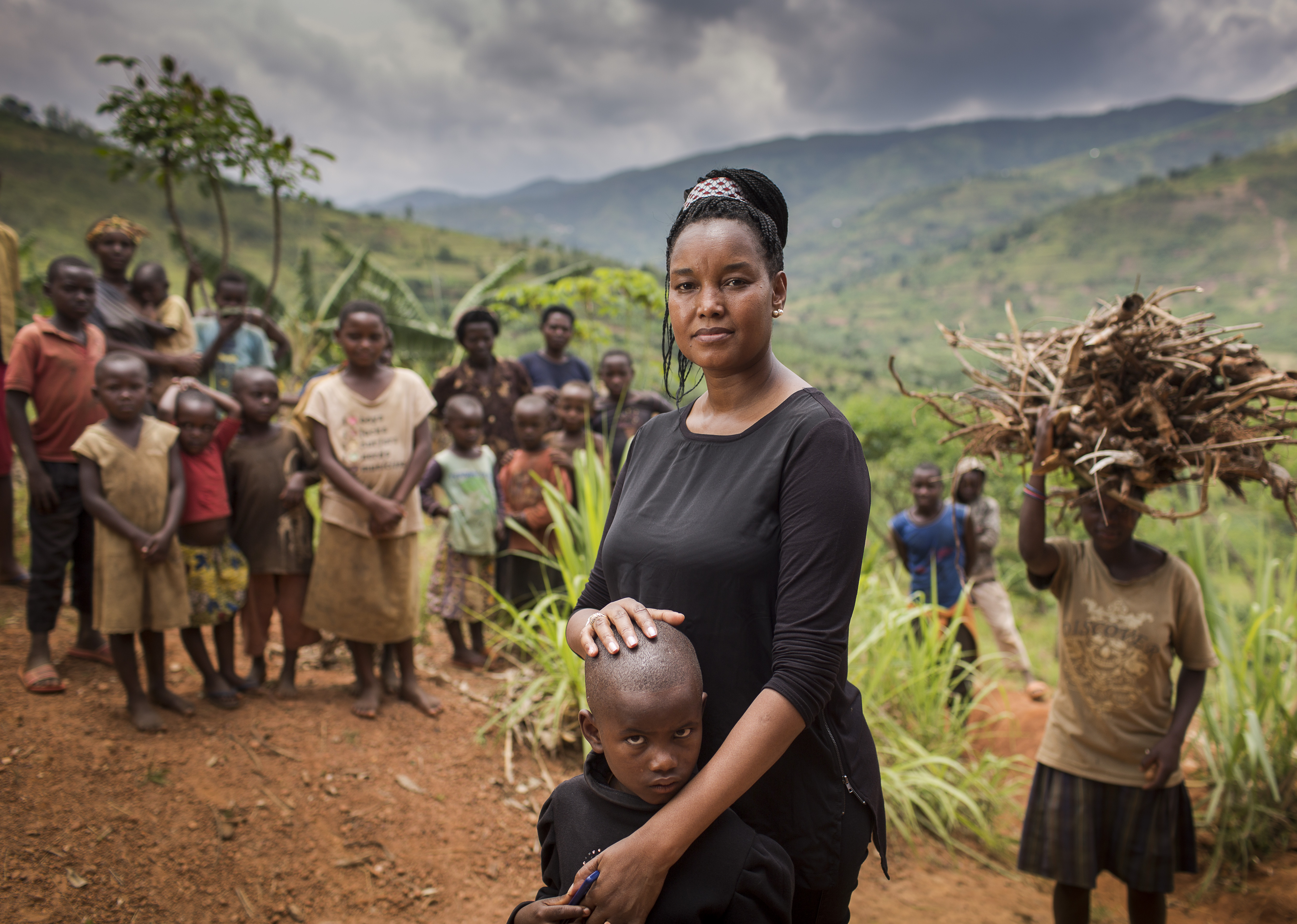
They said his sight couldn't be saved.
Eric was nine years old, and it could have been too late to save his sight.
That’s because childhood blindness is more complicated than adult blindness.
During childhood development, the brain uses visual stimuli to create pathways that allow us to see. If there is no visual stimuli, it doesn’t matter if the structure of the eye is restored to normal through surgery – the brain simply won’t have the ability to see.
Knowing there was a risk Eric wouldn’t be able to see even with surgery made Dr Ciku nervous. But there was still a small chance, so she made the decision to proceed.
The surgery was nerve-wracking, but when Eric's patches were removed the next morning, he immediately reached out for Dr Ciku’s hand and smiled shyly at his mother. That was the moment we knew he'd be okay.
"Had you not put him in touch with us, this miracle would have never happened."
-Dr Ciku Mathenge
Life will now be so different.
All Eric hoped for was to play football.
And now he can.
The bigger picture of our work in Rwanda is strengthening public facilities and providing sustainable eye health services.
But the impact is in the details: here was a little boy who used to sit all day, waiting. Now, he's leaping across the water with his football. He's joyously playing - like all kids should.
